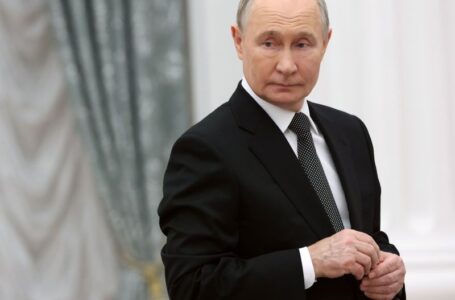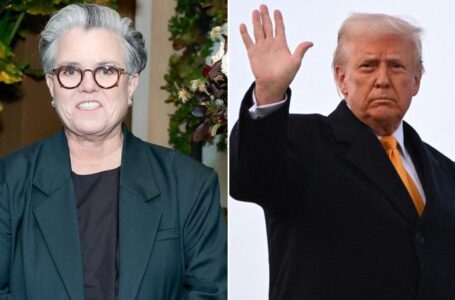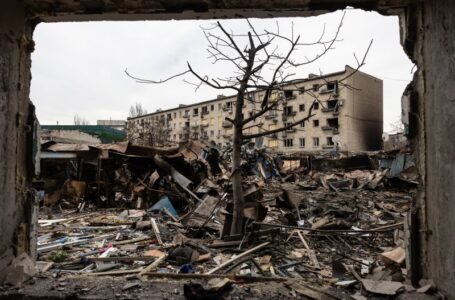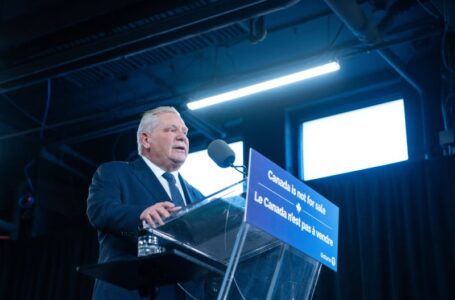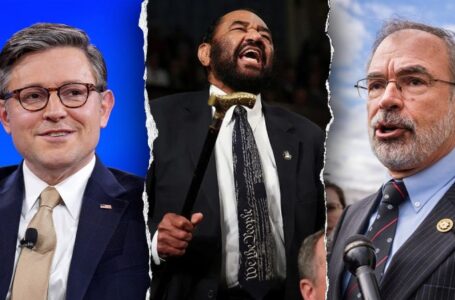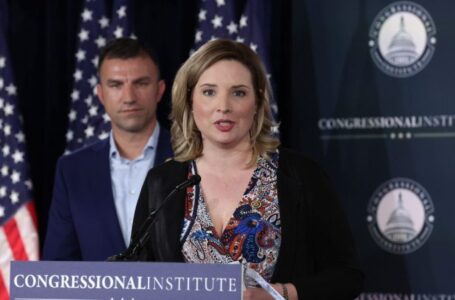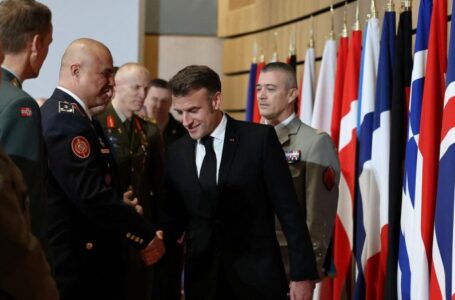Trump said Russia had ‘all the cards,’ but this ceasefire proposal just called Putin’s bluff
Luckily for Tucker Carlson, his Putin interview didn’t need to be good
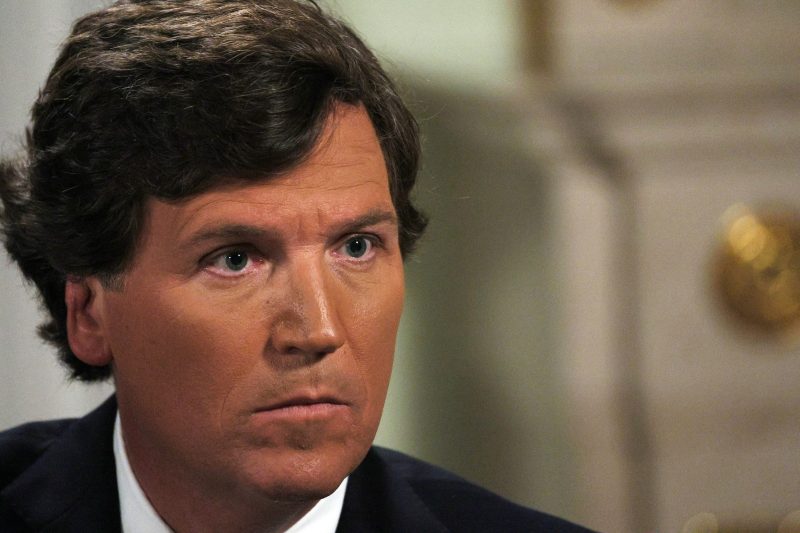

Perhaps the most revealing moment in Tucker Carlson’s interview with Russian President Vladimir Putin came toward the end, after Carlson — pretty obviously misreading the dynamics at play — had proposed having Russia release Wall Street Journal journalist Evan Gershkovich into Carlson’s custody.
Putin rejected the idea, as you might expect, instead suggesting that perhaps Gershkovich could be freed in exchange for Vadim Krasikov, an assassin linked to Russia’s intelligence service. After all, the Russian said, Gershkovich had been caught with sensitive information.
“Are you suggesting that he was working for the U.S. government or NATO?” Carlson interjected. “Or he was just a reporter who was given material he wasn’t supposed to have? Those seem like very different things!”
Tucker, my guy: This is entirely the point. Putin does not recognize that distinction as important. He is not a guy who worries about how he is covered in the media because, worse comes to worse, he can just have offending reporters killed.
In a video recorded after the interview, Carlson mused that Putin seemed not to be used to having to explain himself and, again: Right. Correct. This, too, is a reminder that Putin was engaging in this interview not because he wanted a revealing conversation with a skilled interlocutor but, instead, to take advantage of an opportunity to deposit rhetoric in the American political mainstream.
This has been Putin’s aim for some time and, in fact, he admitted as much to Carlson. Carlson asked Putin why the Russian president didn’t simply offer evidence of the West’s purported role in destroying the Nord Stream pipeline to the international community and “win a propaganda victory.”
“In the war of propaganda, it is very difficult to defeat the United States because the United States controls all the world’s media and many European media,” Putin replied. “The ultimate beneficiary of the biggest European media are American financial institutions. Don’t you know that?”
This argument comports with how Russia usually engages in propaganda, using asymmetric efforts to spread Putin’s and his nation’s perspective. The effort to interfere in the 2016 U.S. presidential election, for example, originated years earlier with a secret push to amplify divisive issues in the American social media discourse. This is how Russia fights back.
Unfortunately for Putin, that social media effort was largely ineffective and often awkward. So was his interview with Carlson. It was a two-hour-long slog that had the engagement and energy level of a Russian History 102 course at Bowling Green State University. Carlson kept injecting subjects and themes that the American right would find compelling — Was it Vice President Harris’s fault he felt he had to invade Ukraine? Is Ukrainian President Volodymyr Zelensky unable to act on his own? How does his Christianity affect his leadership? — but Putin kept offering uncompelling responses. Understandably; unlike Carlson, his experience and focus aren’t centered on culture-war packaging.
Luckily for Carlson, though, it didn’t matter.
One of the patterns of the past decade of American politics — really, during the Donald Trump era — is that claims of importance often generate the same utility as actual importance. There have been so many occasions on which declarations from Trump have been accepted as accurate or his predictions treated as inevitable despite neither being the case. Trump (or whoever is deploying the strategy) gets the public value of the thing happening — attention, enthusiasm, support, disparagement of the opposition — without it actually happening.
Here all Carlson had to do was say “I am interviewing Vladimir Putin” and everything else would unfold in a predictable way. He would get credit for doing what others hadn’t, something he tried to frame as a unique achievement but which Putin’s spokesman made clear was solely because the Kremlin saw him as sympathetic. (This is not unjustified; Carlson is well-known to Russian TV audiences thanks to his willingness to amplify pro-Russian rhetoric.) Whatever the conversation ended up being, it would be hailed as an accomplishment by his ideological allies simply because it occurred and because the right’s hated opponents — national security experts, others in the news media — were skeptical about the whole thing. And so it was.
What was remarkable about the interview, really, was how clearly blinkered Carlson is. He’s not a dumb guy, but his blind spot on Putin and Russia was made very obvious over the course of the discussion. He insisted in that post-interview video snippet, for example, that he had been struck at how “wounded” Putin seemed to have been by Russia’s treatment by the West.
“He’s angry because he feels like, ‘Whoa, why — I thought we were going to be friends,’” Carlson said. The idea that this was a well-practiced affect from a former KGB agent, one meant to cast the West as the bad actors, does not seem to have occurred to Carlson. It’s reminiscent of George W. Bush’s declaration that he once saw into Putin’s earnest soul.
At one point in the interview, Carlson asked Putin about his “denazification” rhetoric, an argument used by Russia to rationalize its invasion of Ukraine. How would that work, Carlson asked, given Russia’s limited footprint in Ukraine?
“You don’t control the entire country,” Carlson said. “You don’t control Kyiv. You don’t seem like you want to!”
Tucker, my guy: Please pay closer attention.

